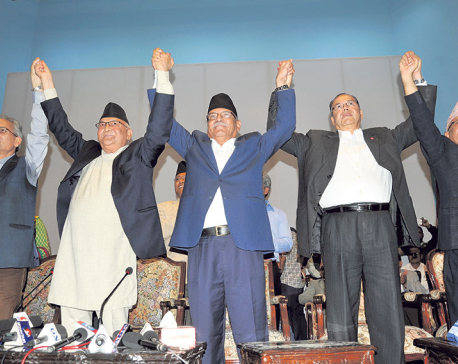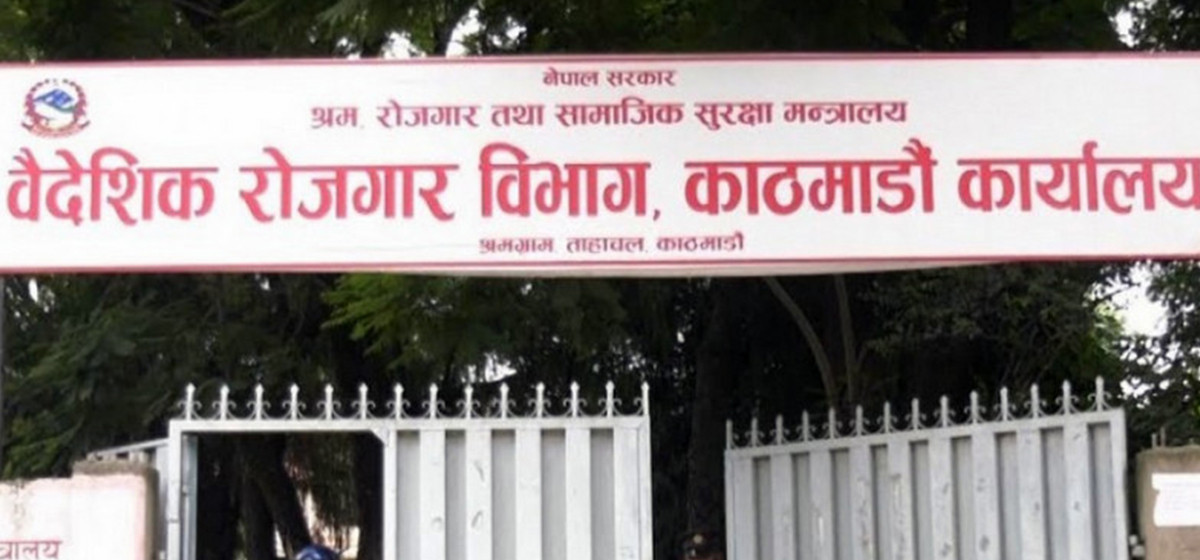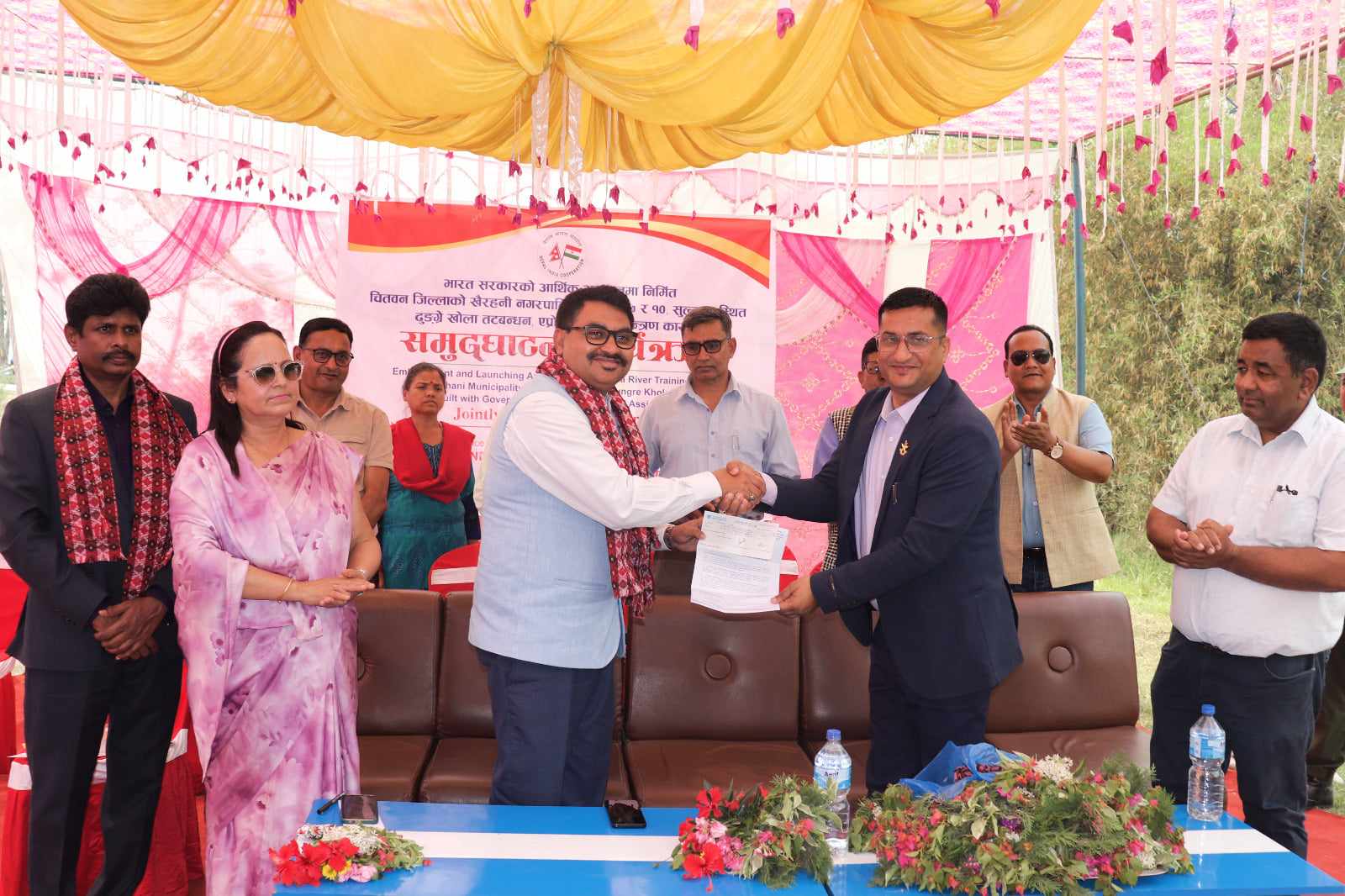
OR
Practice of Chhaupadi
Old beliefs die hard. The ones related to religions are particularly sticky. The new Nepali constitution outlaws any kind of discrimination based on caste, creed and gender. Yet Nepali women continue to face many kinds of discriminations just because of their gender. One of these is their ‘special treatment’ during their monthly menstruation. Due to the mistaken belief that menstruating women are impure—a belief that is ascribed to ancient Hindu scriptures—these women are treated as pariahs during the monthly cycle.
Even in urban areas like Kathmandu, Hindu families prevent them from touching cooking utensils and from entering the prayer room. Later education and awareness, as we see, aren’t enough to banish these beliefs cultivated since childhood. These ‘impure’ women would perhaps have been sent to live their menstrual days out in cowsheds—to completely rule out the possibility of the transmission of their seemingly contagious impurities—if such sheds were available in the cities. Because in places these sheds are available, particularly western Nepal, there is still a strong tradition of sending menstrual women to live there, for days on end.
In western Nepal, the practice is called Chhaupadi, and it has taken the lives of many young women. In the latest reported case, 21-year-old Dambara Upadhayaya of Tailsain in Accham district was found dead by her family after being forced to spend the night in a Chhaupadi shed. Post-mortem could not pin down a definite cause for her death. Last year, Bhawana Malla of Khoya village in the same district was also found dead in her Chhaupadi shed after an overnight stay. The real reason for her death also remains unknown. Anecdotal evidence suggest that most deaths in Chhaupadi huts in the winter season take place due to suffocation from the smoke from the fire lit up to keep these menstruating women warm. Other Chhaupadi-related deaths have been attributed to snakebites and poor hygiene in these sheds, which can sometimes result in fatal infections. There are other dangers. Women living in Chhaupadi, which are at some distance from the main house, are often raped or sexually abused. But practicing Chhaupadi is illegal after a 2005 Supreme Court ban. Why does this dangerous and demeaning practice endure then?
Again, it’s not for the lack of awareness. For instance 32 of the 75 VDCs in Accham district have been declared Chhaupadi-free zones, with the locals there supposedly committing themselves not to practice it. But in reality, the Chhaupadi tradition is alive and well in these 32 VDCs, with local women rights activists reporting how the menstrual sheds that had once been demolished are springing back again. These activists say the only way to stop it is to make it a criminal offence and punish at least a few people to set a strong precedent. Otherwise, Chhaupadi, a deeply rooted social practice, and one based on religion, will be hard to remove. But with the old generation so beholden to their traditions, the best way to eradicate Chhaupadi may be to teach young school students about its inhumane aspects and how poorly such practices reflect on the community they call home.
You May Like This

Old wine, old bottle
Last week, a grand coalition of all the leftist parties of Nepal was announced, much to the surprise of not... Read More...

Hundred years old Bhaktapur Hospital old and infirm
BHAKTAPUR, July 18: It is the country's second oldest hospital and, as its age, is frail and lacks the required... Read More...

Over 2,030 cases over five years old still pending at SC
KATHMANDU, July 22: Over 2,030 cases older then five years still remain unsettled at the Supreme Court, posing a challenge... Read More...




Just In
- SC rejects writ petition filed against Home Minister Lamichhane
- Nepal and China sign two agreements in the presence of Finance Minister Pun
- Pun released on bail in Supreme Cooperative fraud case
- Govt should not look for enforcing populist budget for next FY: Former finance ministers
- DoFE requests relevant parties to provide essential facilities to foreign workers traveling abroad
- Foundation stone laid for building a school in Darchula with Indian financial assistance
- 151 projects to be showcased for FDI in Third Investment Summit
- Police disclose identity of seven individuals arrested with almost 2 kg gold and more than Rs 10 million in cash















Leave A Comment